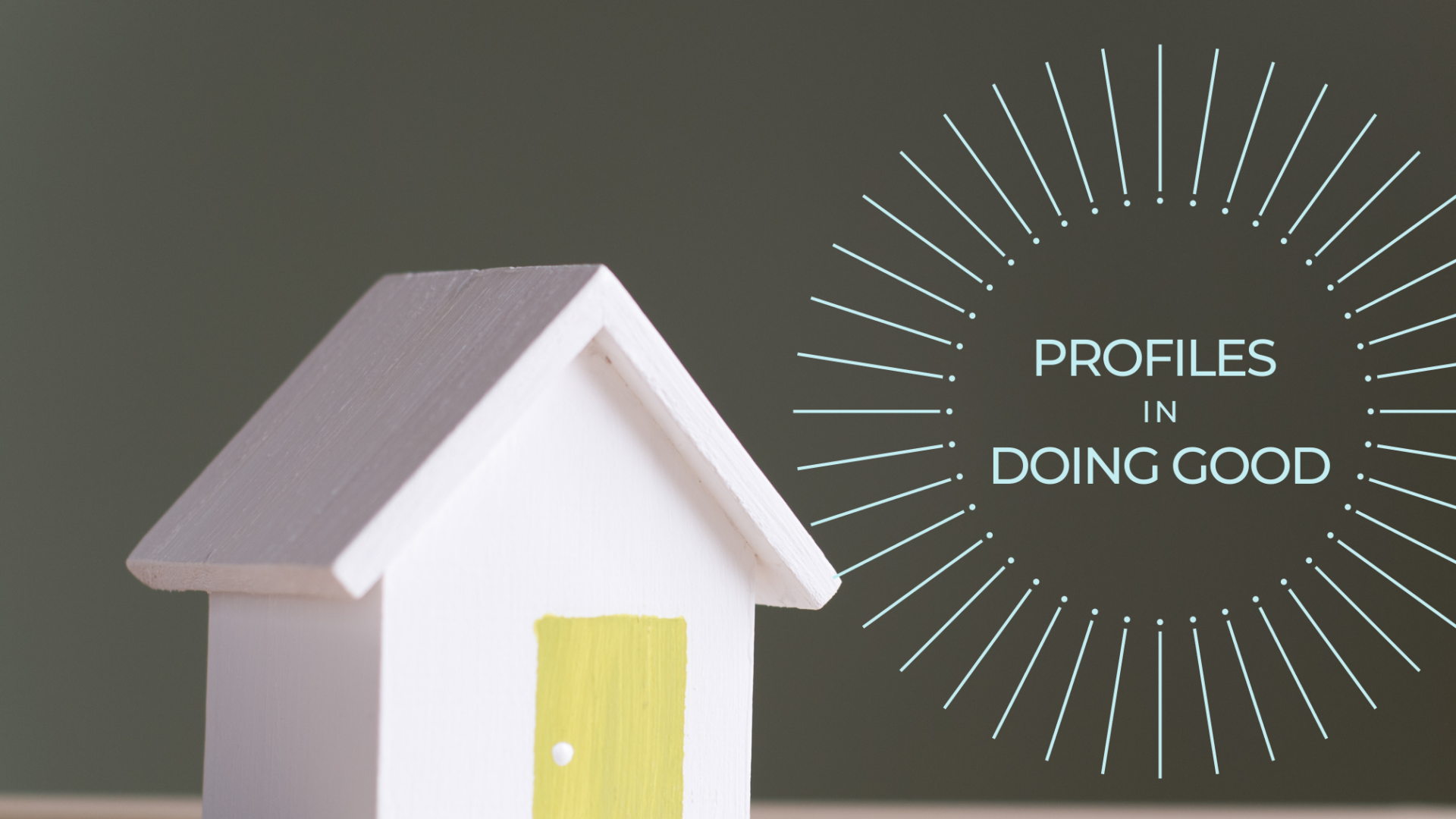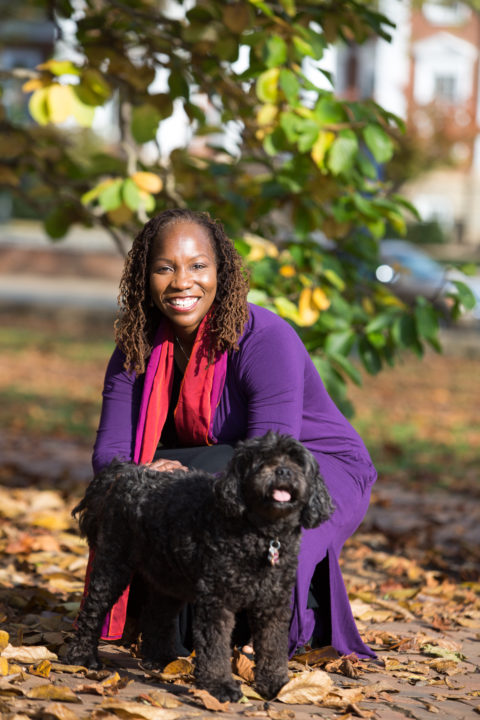
Selena Cozart
Profiles in Doing Good is a monthly blog feature in which we introduce you to consultants, community members and supporters who help us carry out our affordable housing mission. Those featured have an interest in making Charlottesville and the surrounding area a better place for all.
Diversity. Inclusion. Equity. Justice. They’re all words that are being used locally and nationally more than ever. But they’ve always been part of Selena Cozart’s vocabulary.
Selena is a facilitator and trainer who works at the University of Virginia and also as an independent consultant. Selena’s first encounter with Piedmont Housing Alliance was about 12 years ago when she was thinking about purchasing her first home. Though that encounter did not result in using our programs, Selena’s next encounter in 2013 resulted in her becoming a staff member.

“Back then there were not a lot of equity jobs, but a friend of mine suggested that I apply for the fair housing position,” Selena said.
She worked in the fair housing position for a little over a year and then moved to a position at Friendship Court which was a forerunner of community services at that community.
Fast forward to 2018 and Piedmont Housing reengaged Selena to facilitate staff conversations on race and equity. Now in 2020, she continues to do this and is also helping create a multi-year framework for the organization to become antiracist.
We recently sat down with Selena to discuss everything from how the Friendship Court redevelopment is shaping up to how she evaluates organizations that express in interest in working with her.
How do you think the Friendship Court redevelopment is going?
I do know that the advisory team is a vital thing and I think it opens up opportunities for engagement and leadership in the community. I’d be curious to learn more about how much opportunity people have to develop into leadership. It’s one thing for people to show up ready, but is there a way to develop? That would build leadership skills. That would build a voice.
Working with kids is low-hanging fruit. But when it comes to adult intervention, there seems to be a bias or resistance in general. I see PHA working to move away from that.
We used to hear about diversity and inclusion, now we are hearing more equity and antiracism. How do they compare and fit together?
In my view, equity, diversity, and inclusion are all different aspects of what our country says it stands for: liberty and justice for all. We used to frame all of this as multicultural education. Over the years, we have dug more deeply to parse out the nuance represented by each term. We need each element that these terms bring. Part of American identity seems to be that we are supposed to strive to be part of a monolith and so we’ve been striving to be as close to that hierarchically valued identity of white maleness as possible. Discussions of equity and antiracism get to the origin story of racism and how this made up construct acts to be a social determinant of health and identity in this made up hierarchy of human value. Ultimately, when we dismantle racism and anti-blackness in our systems and structures, we will have the opportunity to live as human beings, all created equal with the right to life, liberty, and the pursuit of happiness.
And equity versus equality? Inclusion? Antiracism?
Equity and equality. Equality is I have a cake, I cut it into 8 slices, and I give it out. Equity is when I know that everyone else at the table has had a slice of cake for the last eight years and you’ve never had a slice. How do we deal with that?
Inclusion is where you’re looking around and you’re making sure everyone is heard. We start by asking, “Who’s voice is missing?” We invite those voices, understanding that their voice is as valued as the ones who have always had a place at the table.
When an organization engages you to do this work, what language do you look for and what is the initial interaction?
I am always interested in how it is that they came to seek out my help as a facilitator and consultant. What work have they already done? What are they looking to accomplish with my help? What is the scope of their request? My doctoral degree is in educational evaluation and I use my skills as a trained researcher to engage their goals with a discrepancy model. By that I mean: what is it you say you want to do; here’s what it takes to get from here to there; and what are you willing to do to close the gap between where you are and where you say you want to be? While I may not ask those questions directly, the answers are what I’m looking for.
One unique thing about Charlottesville is the population is very black and white. How does that impact your work?
It is historically and presently very black and white. What’s always interesting for me is when other folks from other communities of color come into the conversation, they have a 60/40 chance of identifying and being identified with either part of this binary. Here, uprooting racism really begins with dealing with this black/white dichotomy. When we deconstruct anti-blackness, all communities of color and people identified as white benefit.
Closing thoughts?
In terms of dismantling racism and releasing this imagined hierarchy of human value based on the construct of color, when you liberate the black female, you can liberate everybody. When you liberate the black LBGTQ, you can liberate everybody. When the most marginalized among us have the same opportunity for full participation and consideration in our society, we liberate us all from using our energy to uphold this imagined construct of race. When we understand that race is not the same as culture, we are liberated to think and act more creatively, compassionately, and courageously.
You can contact Selena at selena.cozart@gmail.com.

